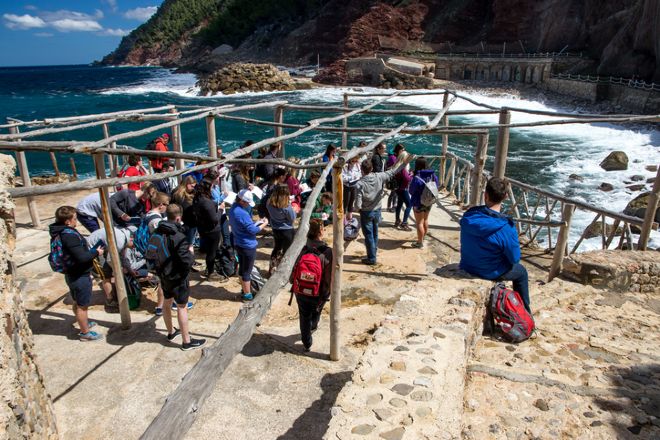This article first appeared on The Bolton Blog on January 24, 2018. Republished with permission.
Risk management as it relates to schools goes far beyond the confines of a campus community. We have examined four important points to consider before planning your school’s next big trip or outing.
For a trustee or director of an independent school, being able to offer students enriching learning opportunities outside of the classroom is an important part of the job. There are several good reasons to consider outdoor education programs or expansive trips like foreign travel and exchange programs:
- Break up the potential monotony of constant classroom instruction.
- Provide opportunities for insights and lifelong experiences with students.
- Use such programs as perks for students who are considering their future school choices.
That being said, outdoor education programs or foreign exchange trips involve their own set of risks that schools need to consider.
To learn more about these potential risks, we asked Bolton’s Education Practice Group leaders Ronald C. Wanglin and Cheryl McDowell to join us in our studio to give us some advice on how to manage risks for these types of programs.
1. Consider if you want to run your own program or contract it out.
Outdoor education and travel programs come in a variety of different formats. A class field trip for the day may require relatively little preparation and planning, while more extensive foreign travel programs will most likely require quite a bit of consideration and review to handle effectively.
“There are a variety of things that schools can do [to manage risk] and part of that is going to depend on the school and the types of resources they have available,” Cheryl McDowell said. “Some of our larger schools actually manage their own trips and handle everything internally. If they’re doing that, they need to take a broader approach to risk management and determine where they are going, how they are getting there, what kind of supervision there is going to be and playing out the ‘what-if’ situations so that they are prepared in a worse case scenario.”
2. If you are looking to run a program internally, your insurance broker and carrier can help.
For example, a school may consider a daylong field trip to be a program, which is best handled internally. In such cases, administrators should reach out to the school’s insurance broker to review the school’s policy and any potential risks that may not be covered when students are off campus or for the activity that they might participate in (such as winter sports).
Additionally, some insurance carriers will offer checklists or advice for schools to help prepare and plan for short trips or programs. Reach out to your insurance broker for more information.
3. If you are working with third parties, make sure you do your due diligence.
For some schools, it makes sense to work with third-party groups via “contractual programs.” In the case of foreign exchange travel, a “contractual program” will outsource all the elements of a traditional semester abroad program that result in academic course credit, though experiential and service learning trips are becoming increasingly popular with schools. In those cases, the school still needs to think of what protocols are necessary for the safety of their students.
“They need to make sure that the vendor has adequate insurance, that the school is listed as an ‘additional insured’ so they have defense under that policy if something should happen, and making sure that the vendors are qualified,” McDowell said.
Referrals and reputation are paramount when considering contractors to oversee these programs.
4. For any program, make sure there is a chain of command.
Finally, if a school decides to do a program off campus, as Ronald C. Wanglin notes, they should always decide early in the process who will be the school’s point-person. That way, in the case of an emergency, everyone knows who to report to.
Mitigating the potential risks with outdoor or foreign travel programs can often be daunting. However, with the right amount of consideration, review and consultation, a school can create programs and experiences that will educate and inspire their students—and keep them prepared for any unexpected situations that may arise.



